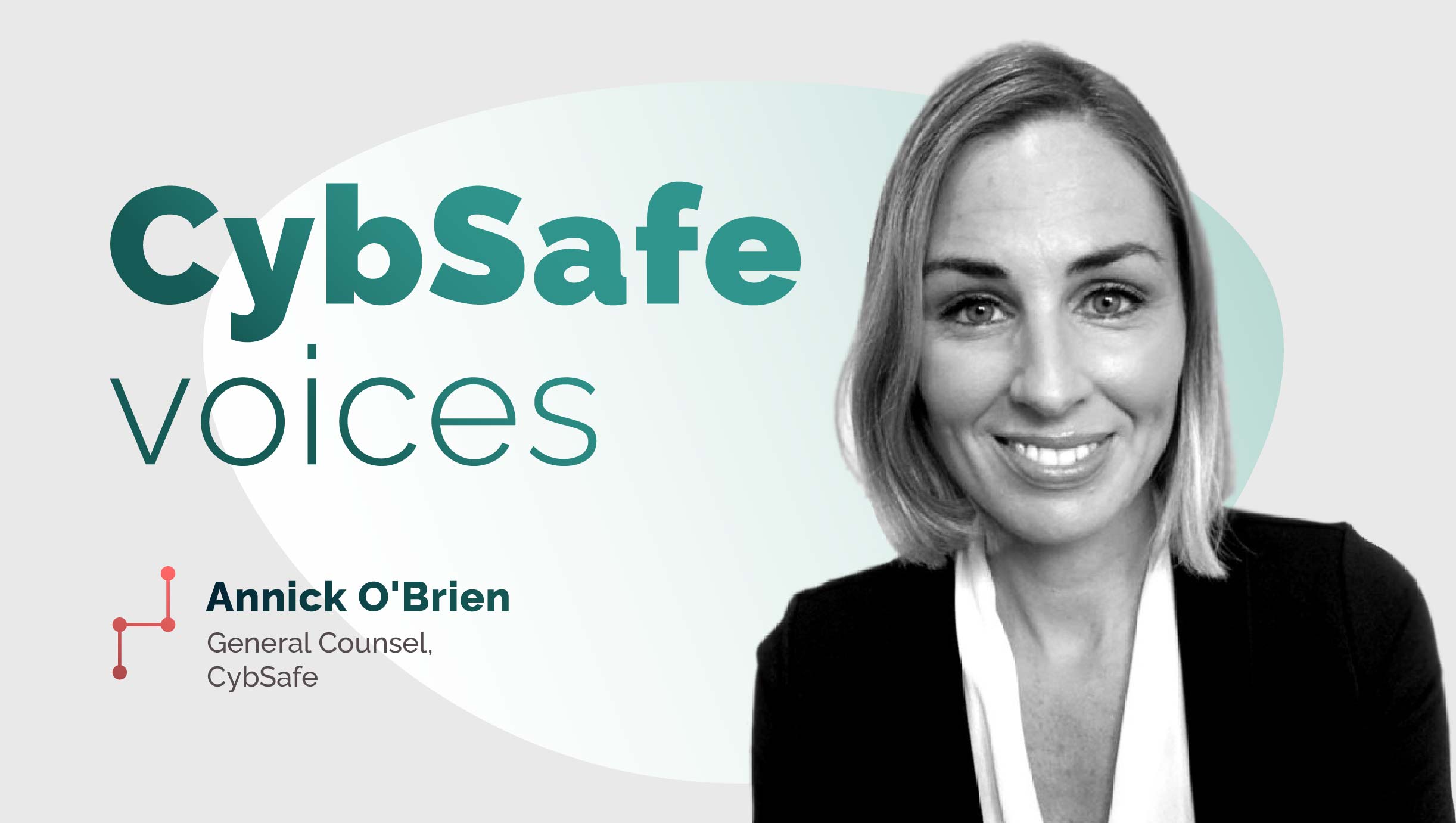CybSafe’s CEO and founder Oz Alashe unpacks why your colleagues keep missing the point on behavioral risk – and what to do about it

The UK Online Safety Act (OSA) is a landmark piece of legislation in the UK that is reshaping the digital landscape. It places a new "duty of care" on online platforms to protect their users from harmful content. It brings us one step further on CybSafe’s mission of making the internet a safer digital place. Here’s a summary of what the new law means for user safety and what it signals for the future of online platforms.
The core of the OSA is its legal framework that holds platforms accountable for the content they host. This isn't just about removing illegal material; it's about proactively assessing and mitigating the risks of harm to users. This "duty of care" extends across all services where users can post content or interact with others, from social media to search engines.
The act’s strongest protections are designed for children. Platforms must implement "highly effective age assurance" measures to prevent minors from accessing a range of harmful content, including pornography and material that promotes self-harm, suicide, or eating disorders. Companies are also required to conduct regular risk assessments and provide clear, accessible ways for children and parents to report problems. This shift moves the onus of responsibility from the user to the platform itself, mandating a safer digital environment by design.
What will Social Media platforms now have to do?
The enforcement of the act falls to Ofcom, the UK's communications regulator. Ofcom has been given extensive powers to ensure compliance, including the ability to issue significant fines of up to £18 million or 10% of a company's global revenue, whichever is greater. In severe cases of non-compliance, Ofcom can even seek to block services from operating in the UK. This regulatory teeth ensures that the new laws have serious consequences for those who fail to protect their users.
From a human risk perspective, the Online Safety Act highlights the growing importance of a secure and compliant digital environment. The law's emphasis on transparency, risk assessments, and user-empowerment tools aligns with our mission to manage and mitigate human risk. As the digital world continues to evolve, understanding and adapting to these new regulations will be a critical part of maintaining a secure and responsible online presence. Hopefully back to school in September will be safer in the digital context!